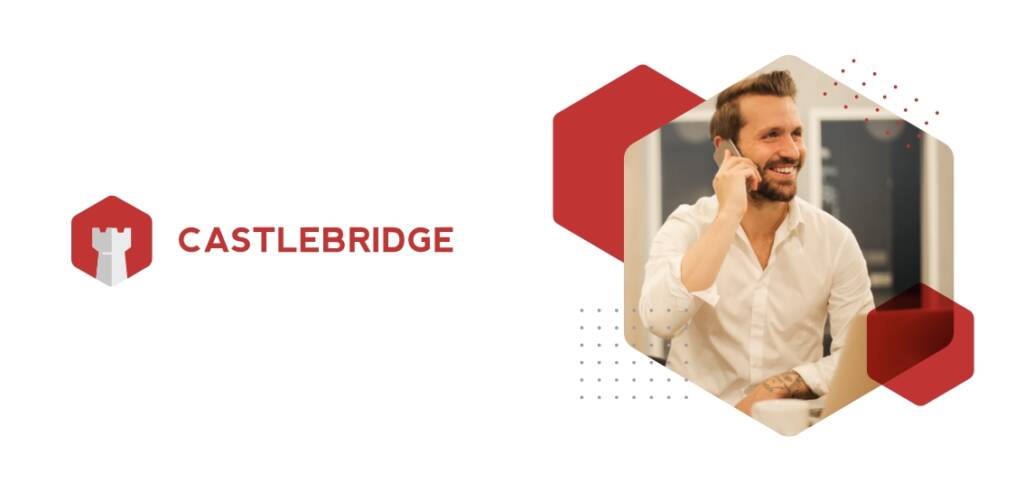
Ethics Schmethics, Indians Schmindians

There is a lot of talk about ethics in information management at the moment. Everyone from Gartner and the European Data Protection Supervisor on down is writing about it. It’s been a topic on the periphery of things for many years (I’ve found one book on the topic from 1995).
The problem is that talk is cheap. Everyone is happy to talk about Ethics, and it is difficult to find anyone who would admit to thinking ethics should not be a concern for people working in information today. Indeed, week after week we see examples in the media of unethical, or non-ethically minded, decisions in organisations. From ad blockers versus on-line marketing, to ‘cheat devices’ fitted to car engines to fool regulators, poor ethical choices seem to be the order of the day.
The challenge we have in organisations (and society) is the step to take beyond talking about ethics, the one we take when we start to actually do something about ethics. Jane Addams (one of the founders of the ACLU) correctly said that “action was the sole medium of expression”. Talk is cheap.
The opportunity lies in understanding how to align ethical principles with information management practices. This is not easy, but is achievable. The first step is to actually define what we mean by ethics and develop some ethical principles within the culture of the organisation. Those ethical principles need to balance the internal ethic of the organisation with the ethical expectations of society. Ad blockers are becoming more prevalent not least because the online advertising industry largely decided to ignore Do Not Track settings in browsers, so the societal ethic kicks in and a solution emerges.
Of course, this change of ethic needs to be communicated and applied consistently across Business, Information, and Technology domains in an organisation. It also needs to be communicated vertically within the organisation as well, so that there is consistency between strategic and operational perspectives on what needs to be done and why. Ultimately, ethical considerations should be a factor in Information Architecture planning just as much as they should form part of Business Strategic planning. That requires an effective Information Governance framework that supports and aligns the Organisational Ethic with the Societal ethic.
In his book “Data Governance: How to Design, Deploy and Sustain an Effective Data Governance Program” , John Ladley describes the importance of determining the “core information principles” for your organisation’s Data Governance framework. He describes this activity as “arguably the most important in the development and deployment of Data Governance”. The impact of not doing this according to Ladley: “the DG effort is crippled”.
Our latest whitepaper (researched and largely written by Katherine O’Keefe from the team, with doodles and editorial input from me) describes a soup-to-nuts approach for defining ethical frameworks for information management, but also sets out a model for understanding how ethics affects, and is affected by, the Business, Information, and Technology management structures we put in place to meet customer expectations of Information and Process outcomes. We need to move beyond talking about Ethics to implementing ethical frameworks in our information management and information governance initiatives.
The kicker: We don’t teach ethics very well in business school or to computer scientists. The ability to discuss and frame ethical debate is a skill that is developed in the study of the Humanities and Liberal Arts, where philosophy and literature have struggled with these challenges for millenia. Perhaps we need to rethink the mechanistic focus of STEM education and the skillset production line and reinject some of the lateral thinking of the liberal arts to support broad thinking and considered framing of important questions of human dignity and ethics. We need to move beyond a focus on technology to embrace the idea of information in the abstract, but recognising the concrete real-world impacts that decisions about, and based on, information will have on individuals.
Organisations that embrace this challenge and get aligned ethical thinking and action into their Information Governance culture will deliver better outcomes for their customers and society.
Read more in our whitepaper (available for free until 16th November)


